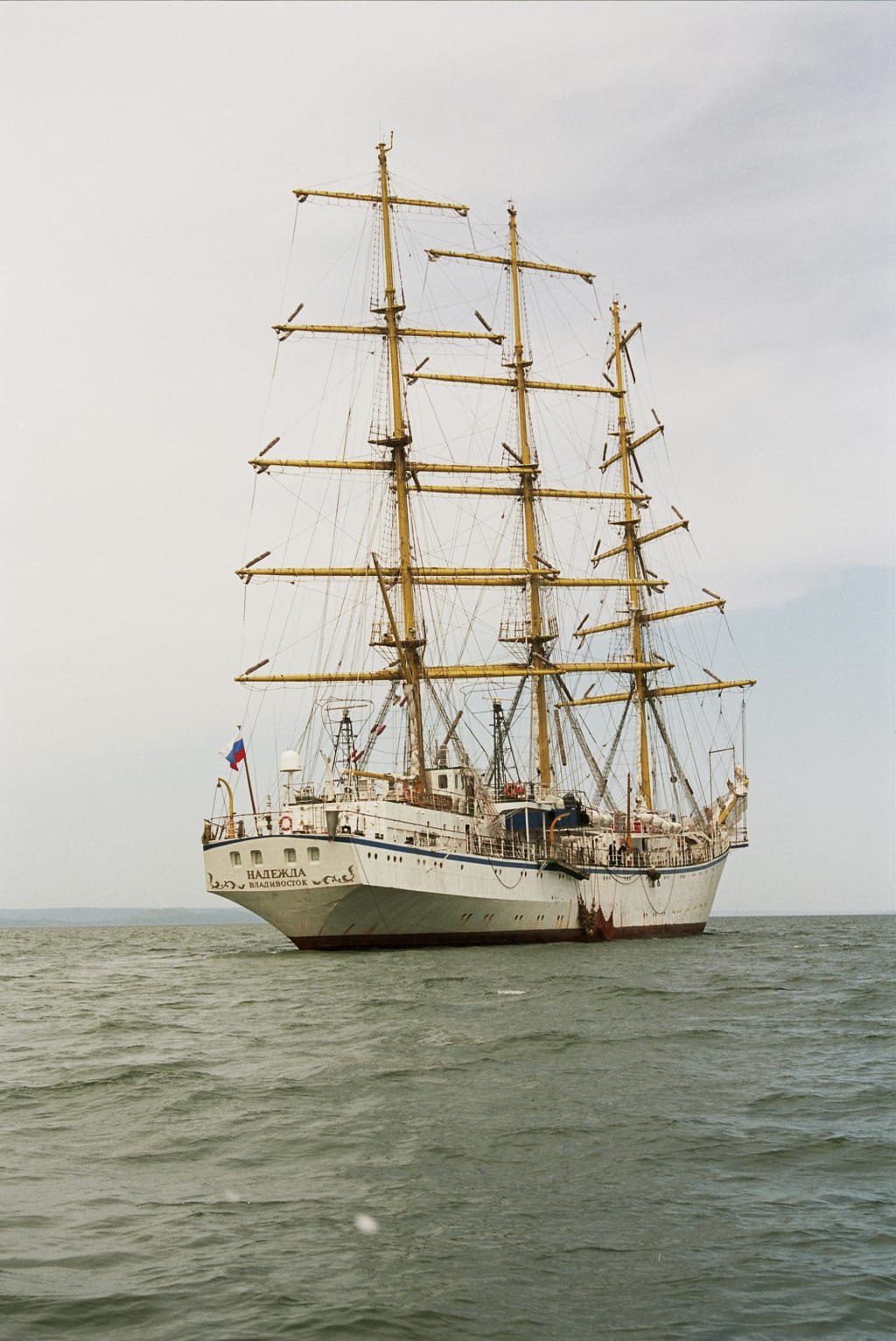"The Costa Concordia Disaster
A Tragic Tale of Lies and Heroism

On the 13th of January 2012, at 7:15 PM, the Costa Concordia, the world's largest Italian cruise ship, embarked on its scheduled 7-day European tour. With a capacity exceeding that of the Titanic, accommodating an additional 2,000 passengers, a total of 4,252 individuals were on board. The ship boasted lavish amenities, including four swimming pools, five restaurants, thirteen bars, a casino, and even an F1 racing simulator.
The Costa Concordia's maiden voyage was set to reach its first destination, Savona, Italy, within a day. However, a mere 2.5 hours into the journey, disaster struck. At 9:45 PM, a sudden jolt rocked the vessel, plunging it into darkness as it began to list to one side. Concerned passengers emerged from their cabins to find chaos unfolding around them, with dinnerware sliding off tables and an announcement attributing the incident to a mere electrical failure.
Unbeknownst to the passengers, the ship's engine had actually failed, a fact concealed by the captain, Francesco Schettino. As the situation worsened, and the ship tilted further, passengers feared a repeat of the Titanic tragedy, compounded by the eerie coincidence of the Titanic's centennial anniversary and the playing of its theme song, "My Heart Will Go On."
The true extent of the disaster became apparent as the ship continued to tilt, causing lower decks to flood. Despite mounting concerns, Captain Schettino downplayed the situation, delaying the order to abandon ship until it was nearly too late. Meanwhile, some crew members, including Indian staff member Karnaatha Rameshana and waiter Russell Rebello, displayed remarkable courage, assisting passengers to safety.
In contrast, Captain Schettino's actions were met with widespread condemnation. He abandoned ship prematurely, leaving hundreds of passengers stranded as the vessel capsized. The heroic efforts of local residents, such as Giglio Island's deputy mayor, Mario Pellegrini, who aided in rescue operations, stood in stark contrast to Schettino's cowardice.
As the sun rose on the aftermath, it became evident that 32 lives had been lost, with many succumbing to drowning within the submerged cabins. The arduous process of salvaging the ship ensued, involving the removal of fuel and the Herculean task of uprighting and towing the vessel to port. Legal proceedings ultimately held Captain Schettino accountable, resulting in a 16-year prison sentence for his role in the disaster.
The Costa Concordia tragedy serves as a sobering reminder of the consequences of negligence and dishonesty in leadership. While some, like Captain Schettino, shirked their responsibilities, others exemplified unwavering courage and selflessness in the face of adversity. Ultimately, it is a testament to the resilience of the human spirit and the enduring importance of integrity and accountability in times of crisis. Furthermore, the aftermath of the Costa Concordia disaster saw a wave of legal action and compensation efforts. The cruise company faced significant financial repercussions, including the reimbursement of passengers' ticket prices and additional compensation to survivors and the families of those who perished. The total cost of the disaster, including salvage operations and legal proceedings, amounted to a staggering $2 billion.
As for Captain Schettino, his legacy will forever be tarnished by his actions on that fateful night. Despite his attempts to evade responsibility and fabricate excuses, the truth prevailed, leading to his conviction and imprisonment. His story serves as a cautionary tale, highlighting the dire consequences of leadership characterized by deceit and cowardice.
In contrast, the bravery and selflessness displayed by individuals like Deputy Mayor Mario Pellegrini and the crew members who remained steadfast in their commitment to saving lives stand as beacons of hope amidst tragedy. Their actions underscore the importance of integrity, accountability, and courage in times of crisis.
Ultimately, the Costa Concordia disaster serves as a somber reminder of the fragility of human life and the imperative of ethical leadership. It prompts reflection on the profound impact of individual choices and underscores the resilience of the human spirit in the face of adversity. As we honor the memory of those affected by this tragedy, may we also draw lessons from it to strive for a future characterized by integrity, compassion, and unwavering resolve in the pursuit of safety and justice for all.





Comments
There are no comments for this story
Be the first to respond and start the conversation.